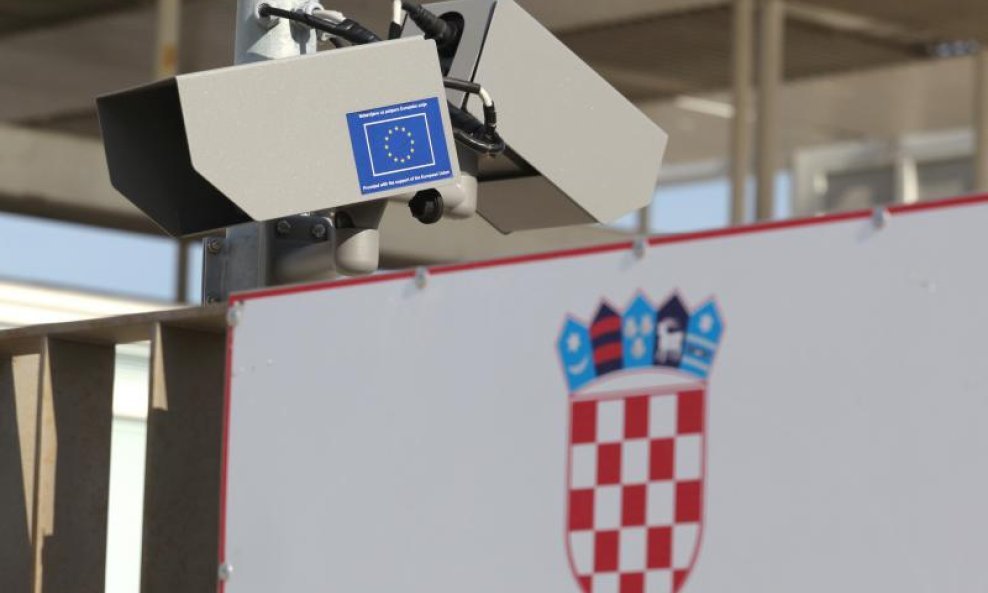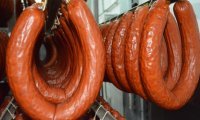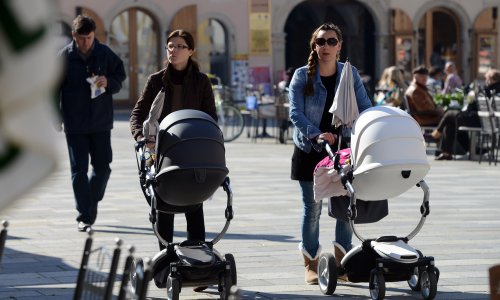The European Commission on Friday expressed regret over "the continuous stalemate" in negotiations with Bosnia and Herzegovina on the bilateral trade regime after Croatia's accession to the European Union, warning that this would affect citizens of Bosnian and Herzegovina because they would have to pay higher prices for products imported from Croatia.
"In the current negotiations on the adaptation of the EU-Bosnia and Herzegovina Stabilisation and Association Agreement (SAA) and its Interim Agreement in light of Croatia's accession to the EU, Bosnia and Herzegovina continues to refuse the methodology of the EU. This methodology consists of a purely technical adaptation of the bilateral trade of the EU with Bosnia and Herzegovina in order to take into account the traditional trade of the country with Croatia under the Central European Free Trade Agreement (CEFTA)," the Commission said in a statement posted on the website of its delegation in Sarajevo.
Fundamental changes to the concessions and duties on which Bosnia and Herzegovina insists would disturb the regional markets and would impact negatively on the existing bilateral trade of Bosnia and Herzegovina with the EU, the statement said, noting that "trading partners count on reliable trade conditions."
"The EU methodology was accepted by all countries that have applied for EU membership. All Western Balkans countries have accepted this methodology – with the exception of Bosnia and Herzegovina. Bosnia and Herzegovina requires instead a principle review of the existing trade concessions arguing amongst others that the country had suffered from the free market area under the CEFTA. Trade between the EU and Bosnia and Herzegovina is governed since the signature of the SAA and its Interim Agreement in 2008 by an asymmetric trade liberalisation, very much in favour of Bosnia and Herzegovina," the statement said.
"In fact, Bosnia and Herzegovina can export freely to the EU all categories of products. Only sugar, wine, fish and baby beef are subject to specific quotas beyond which duties are to be paid by Bosnia and Herzegovina for the export to the EU. Since no agreement has been reached so far on the SAA adaptation, Bosnia and Herzegovina imposes now substantial import duties on agricultural products from Croatia, in particular on milk and certain meat and meat products, which were fully liberalised before 1 July 2013. The European Commission regrets the current attitude of Bosnia and Herzegovina, which is not in line with the spirit of bilateral free trade as it is provided for in the SAA and the Interim Agreement. The effective establishment of bilateral free trade is one of the cornerstones on a country's path to EU membership. The current attitude is a step backwards," the EC said.

































